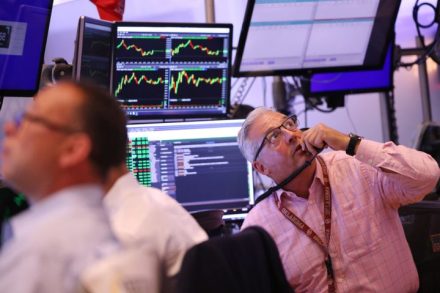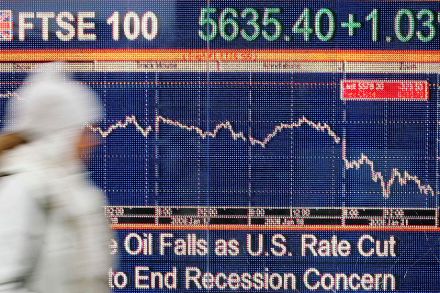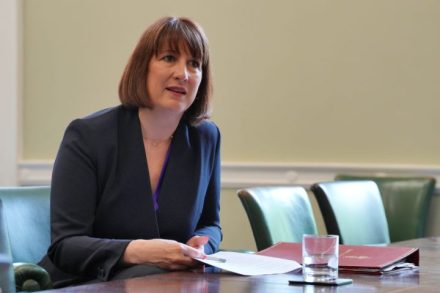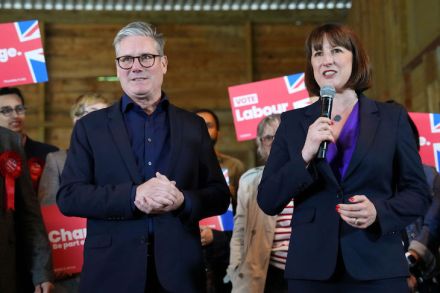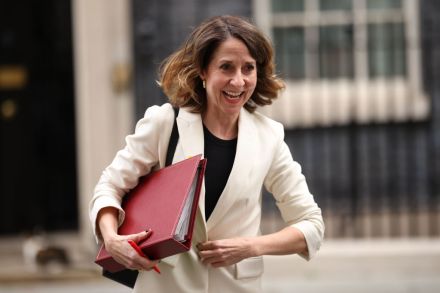Why has the inflation rate gone up again?
The inflation rate rose to 2.2 per cent in July, slightly up from the Bank of England’s target of 2 per cent, where the rate sat in May and June. It’s the first rate uptick this year – and though widely expected, it will be used to explain why the Bank’s continued hawkish stance, despite starting its rate-cutting process earlier this month. The slight speed up in the inflation rate is largely attributed to the overall cost of household services, where the ‘prices of gas and electricity fell by less than they did last year’. This was somewhat offset by the ‘largest downward contribution’ which was attributed to falling costs for




